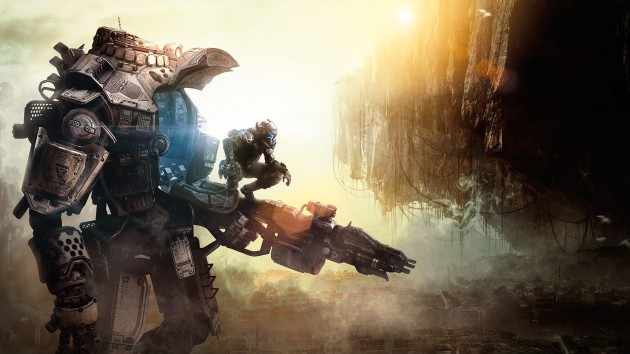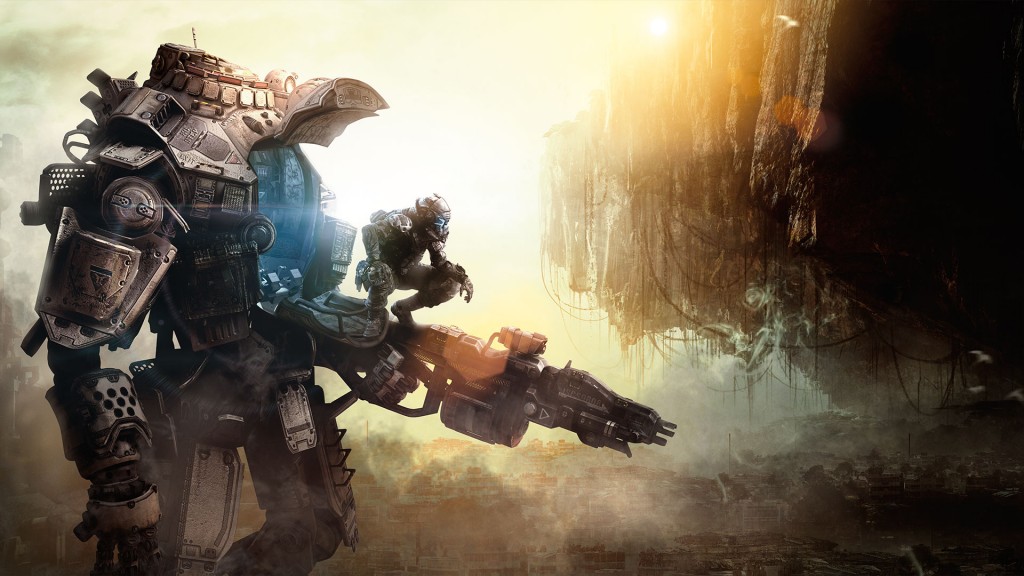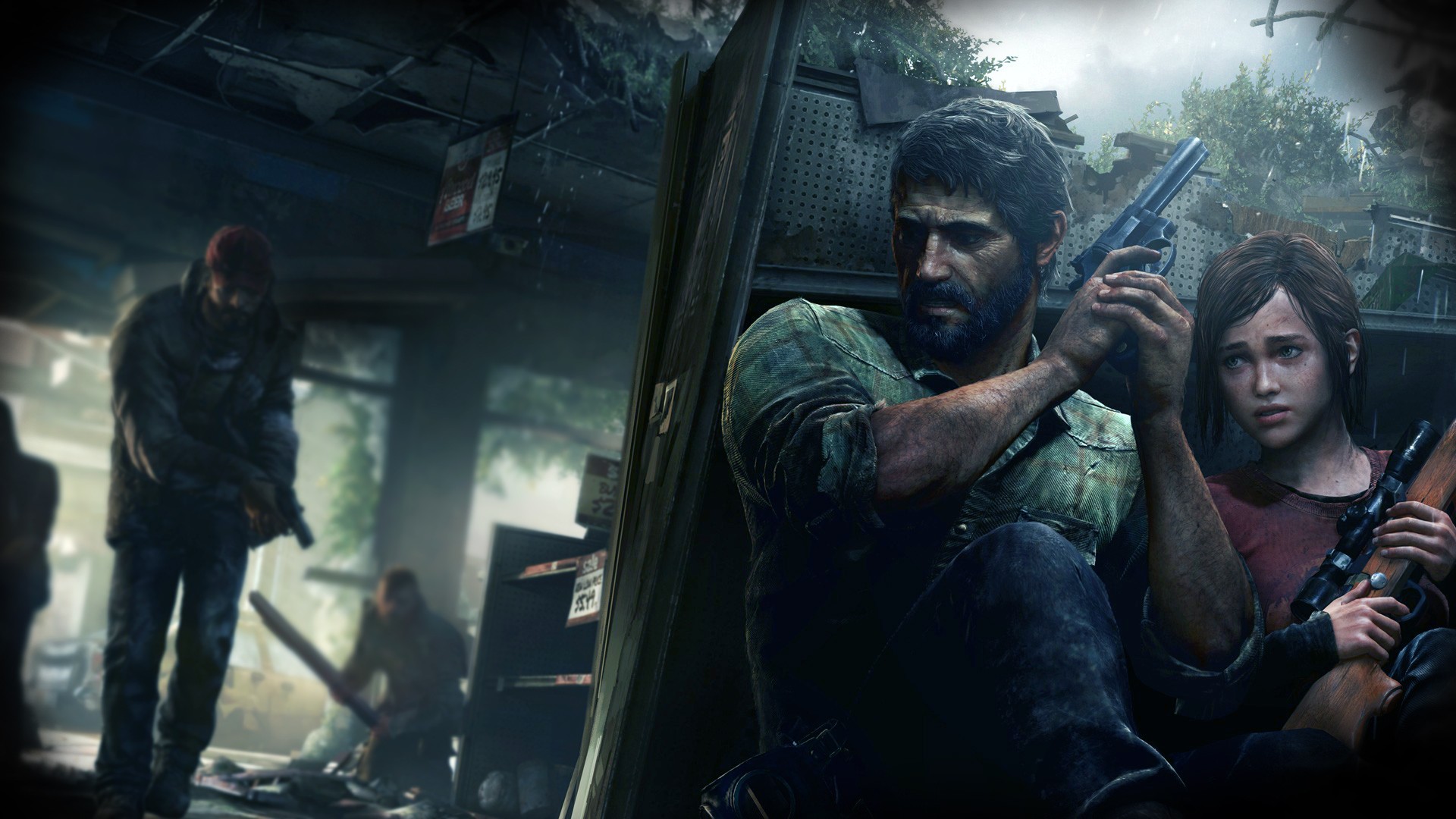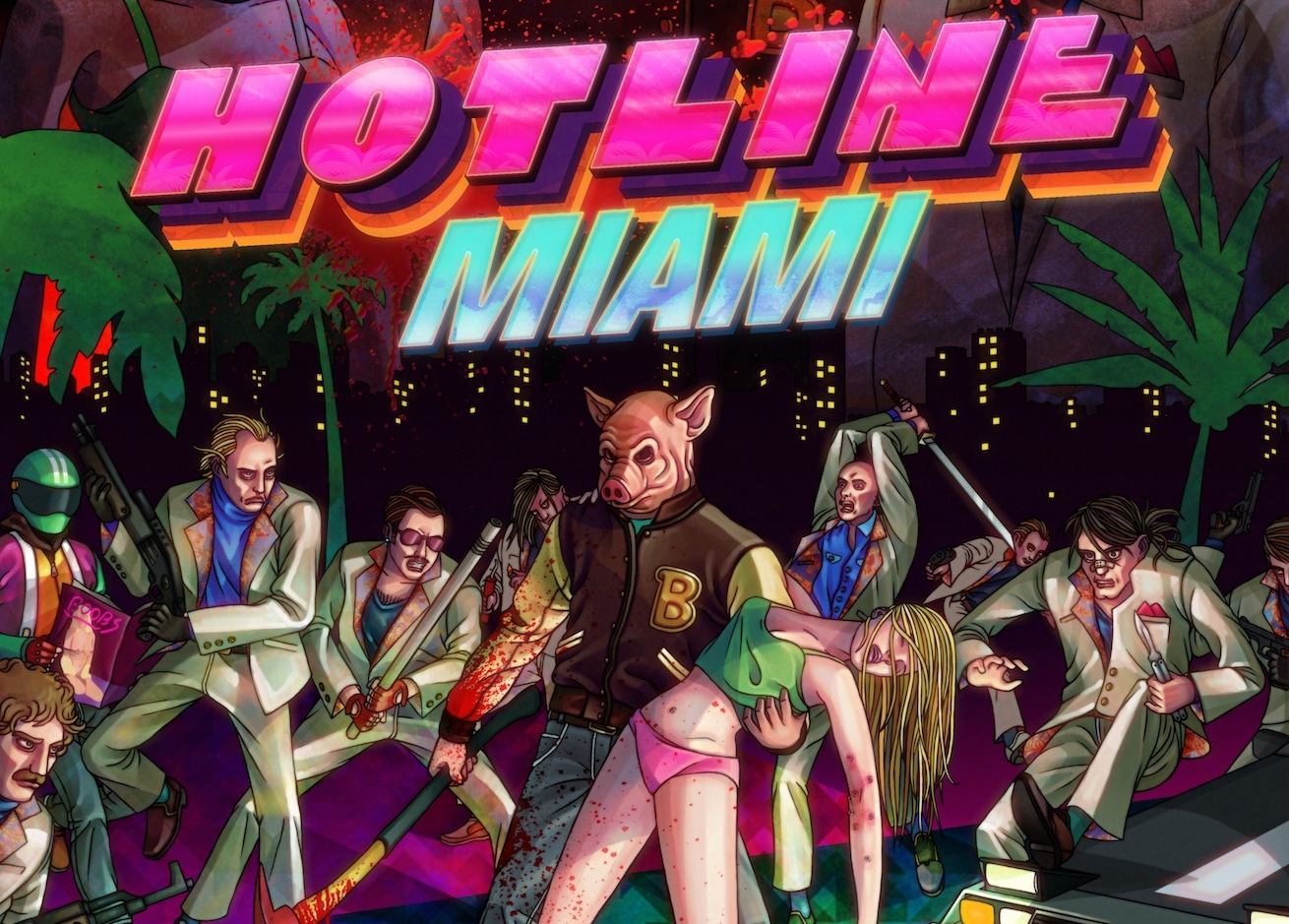Tearing out of the gates like a rocket-powered greyhound, Titanfall has one objective only: to give the player an extremely good time. Taking its cue from the Seinfeld maxim of “no hugging, no learning”, this much needed flagship title for the Xbox One dispatches with the usual perfunctory introductory plot of goodies versus baddies before never really referring to it again, choosing instead to focus on the fine art of making things go “boom!”, “dugga dugga dugga!” and “aaaargh!”. Titanfall is deeply satisfying and immaculately polished first person shooter that offers up hours of entertainment to newbies and seasoned players alike.
The polar opposite of po-faced slogs like Battlefield (EA, Multiformat) and Homefront (THQ, Multi), Titanfall instead rests on non-stop fun and enjoyment, and it achieves this easygoing, feelgood factor in a number of ways. Firstly, a new spin is given on the levelling up system found in so many games of this ilk. Whereas in other releases it can be an uphill battle to become even quite good, here you are given a plethora of guns, tools and skills right from the outset, not to mention cloak, double jump and wall run. Each of which is vital for evading enemy fire, as is the unlimited dash ability – your character, it seems, does not get tired. There is a tremendous sense of speed and fluidity as you zip through, around, up and down the environments. There is no pop-in or texture tearing, even in the 360 version, and the locations themselves are colourful and rich – far from the dour browns and greys of shooters of this type.
Further, experience points are dished out regularly for kills, headshots, executions etc. and for meeting a variety of challenges: stopping a killstreak, shooting someone in mid-air, hacking a robot and so on. Within the first hour you will have attained a fairly impressive level of badassdom. This is a game that wants to reward, not punish, and the ease with which you slip into proceedings is complemented by an intuitive matchmaking system which never pitches a wet behind the ears cub soldier against a maxed-out American teenager who does nothing but sit in his bedroom smoking dope, guzzling Cheetos and playing videogames. It is as if the designers have said, “Hey, come and have a kick-about with us” like little boys in a neighbour’s garden.
This is no doubt due to recent experiences of Jason West and Vince Zampella, who founded Respawn Entertainment after their ignominious ejection from Infinity Ward. All credit to them: it would have been easy for the employees to crib their own work on the Call Of Duty (Activision, Multi) franchise. Instead, they have drawn influence from Japanese manga, notably Ghost In The Shell, to dream up a showdown between man and machines. An eponymous “Titan” is a huge, pilotable mech kitted out with rocket launchers who can be dropped into combat at strategic points, often squishing anyone unfortunate enough to be standing beneath. These robots are not quite Pacific Rim size but they are big enough, and lomp around the battlefield doling out steaming plates of torpedo goulash.
There is, however, a criticism, as in Titanfall there is no single player campaign to speak of, other than a series of missions that introduce you to the main game modes. The counterargument is that in most modern releases the main campaign is very much an afterthought, so fair play to Respawn for not compromising their principles. With admirable confidence, they have created an engrossing world built around some fresh mechanics which push multiplayer gaming forward in exciting new directions. Take for example, “Burn Cards”, which apply perks that only last until your next death. Or the fact that the six member teams are rounded out with “Grunts” and “Spectres”, non-playable cannon fodder who are easily picked off, again meaning that everyone has a chance to get some notches on the scoreboard. Those who have been weaned on hardcore titles like Dark Souls (From Software, Multi) will scoff at the idea of pandering to noobs and, naturally, they are right, but there is nothing inherently wrong with such a democratic approach. In taking this route, Respawn have succeeded in their objective. Good time achieved – and then some. Ross Thompson
 ’






